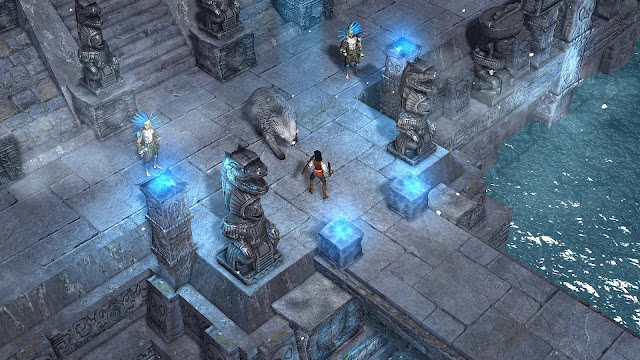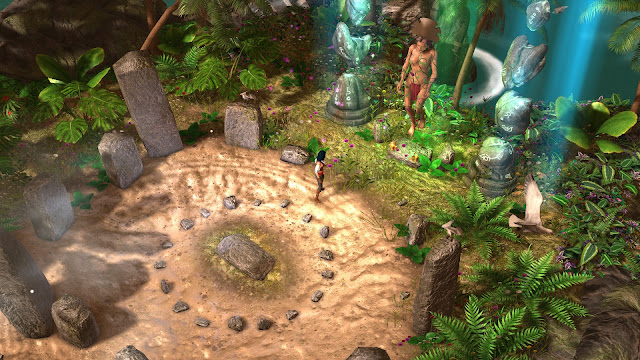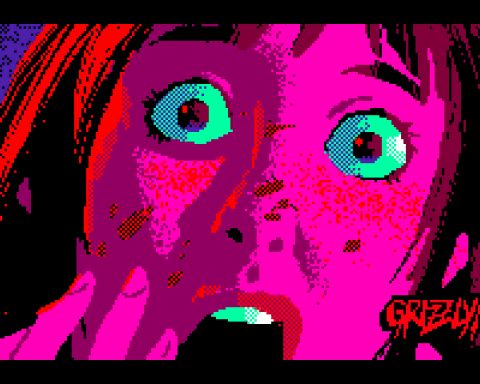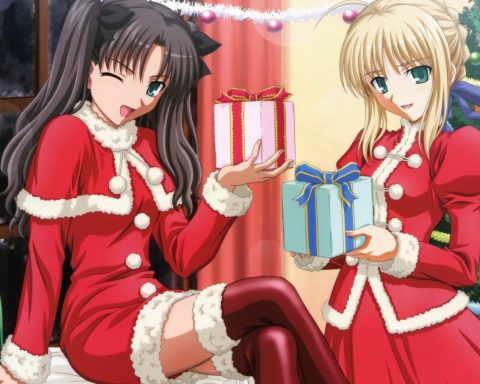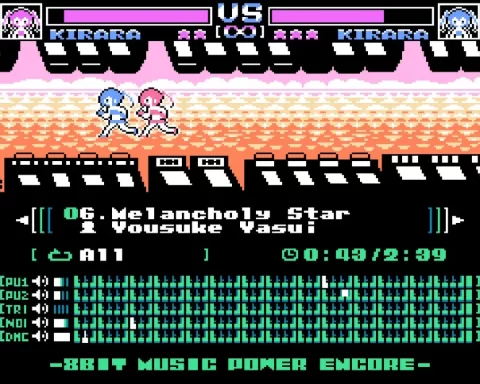I knew that I would love Aluna from its opening moments. The game kicks off with a cutscene talking about Zeus and Hercules, before saying (and yes, I am paraphrasing here) “but you know what? Let’s talk about this South American goddess and her daughter instead”. It speaks to a frustration that I have felt regarding the limited range of mythologies and ye olde cultures that we see in games. Surely the frustration is felt even more keenly by the people of those actual cultures. Aluna is, first and foremost, a game for those people with those frustrations.
Sick of Zeus? Yes, anyone who enjoys variety in storytelling must surely be too. So instead let’s have Pachamama. She’s actually not that different to Zeus in that she rather enjoys bedding mortals and producing half-deity offspring. Rather than the beefcake Hercules, though, Pachamama produced the much more aesthetically pleasing Aluna. Aluna gets to do much the same things that her more famous mythological peers do. Basically, she runs around killing the enemies by the horde. It’s just that she does so in a very different setting (this game even has llamas!… though sadly you can’t pet them). Unfortunately, there is a negative subtext to this, and that is that Aluna’s greatest issue is that it doesn’t do enough to be its own thing outside of the narrative and presentation. It’s a Diablo clone through-and-through, and plays and behaves exactly like a western-developed game. It could have used a little more bravery as far as the gameplay systems go. It is gorgeous, thanks to beautiful comic book strips that tell the story and some wonderfully “exotic” settings, architecture, allies and enemies, but I generally prefer when “world stories” have gameplay systems to match the culture, and this one misses that beat by a significant margin.
What’s there is enjoyable. Aluna is a little too linear for its own good, but the mix of weapon types (which includes the early-era guns of the conquistadors, being set at that early point of the colonialism of South America), skills, and some dynamic combat help to make that endless push a joy. With few exceptions, enemies tend to attack in small hordes (which is just as well, as larger groups would become overwhelming), and while they don’t have the greatest AI, the variety in them is excellent, and because they’re modelled on a setting less travelled, they have a nice distinctiveness built right there into their design.
As with any Diablo-like, loot is all-important, and Aluna does get things generally right. As I mentioned, there is a veritable wealth of items to acquire that do a great job in giving plenty of ways to tailor your experience to your own preferences. On the other hand, enemies don’t tend to drop all that much of it, so there’s something of a slow grind etched into Aluna which is not something that does the genre favours. This is compounded by there being relatively few enemies to fight by genre standards – we were all a bit spoiled by the hordes that Diablo 3 pioneered – and relatively low amounts of treasure to supplement your loot with shop purchases. Equipment descriptions can also be quite lengthy and have a wide range of different impacts on the character, and, yes, I know that is a feature of this particular genre, but coupled with the interface this one was a bit too cumbersome for its own good.
Finally, while I’m bellyaching, the Switch version of Aluna is a technical mess, and just about everyone knows that I don’t complain about this too much before it becomes really quite unmanageable. There are times where movement becomes so stuttery that it hurt the eyes to look at, I’m halfway certain the AI foibles can be attributed to the game being unable to keep up, and there’s a lack of detail in the graphics that I know I’m missing out on because, from the shots of the PC version of the game, Aluna is much prettier than this. It’s still playable enough, but if you can go for the PC version instead, this is one of the rare instances where the portability isn’t enough to even the balance.
With all of that said I do still have a strong attraction to Aluna. I love the character herself, who natters away pleasantly as you wander around the various settings. It’s clear that everyone involved in this project absolutely loved this character, and have been careful to eke as much personality and panache out of her as possible. The various other characters and villains are fun, too. Aluna is the work of a comic book artist, and the pulpy approach to the characters and drama is fun. Unlike many Diablo clones, you don’t need to play through areas over and over again to grind up experience and loot. You can if you want to, but this game knows where its strengths are, and it would much rather have you focused on making progress to the next cut scene, boss battle, and comic book strip than getting mired in the drudgery of repetition. Aluna is efficient and even spare in its storytelling at times, but those carefully doled-out treats are worth working towards.
We do need more games that go out there and bravely tell stories of deities, cultures and heroes that people wouldn’t be aware existed. Aluna is brave in that not only does it do that, but it even goes as far asto make a very dry joke about how obsessed the entire industry is with telling the same stories over and over again. Unfortunately, while Aluna is blessed with some gorgeous art, a brilliant protagonist, and a wonderful setting, it squanders so much of what it does by being an incredibly safe Diablo clone in execution. Aside from a few technical issues with the Switch, Aluna is a perfectly competent and focused Diablo clone, but the game and creative energy behind it promise more which, to our great disappointment, the developers have failed to deliver.
– Matt S.


